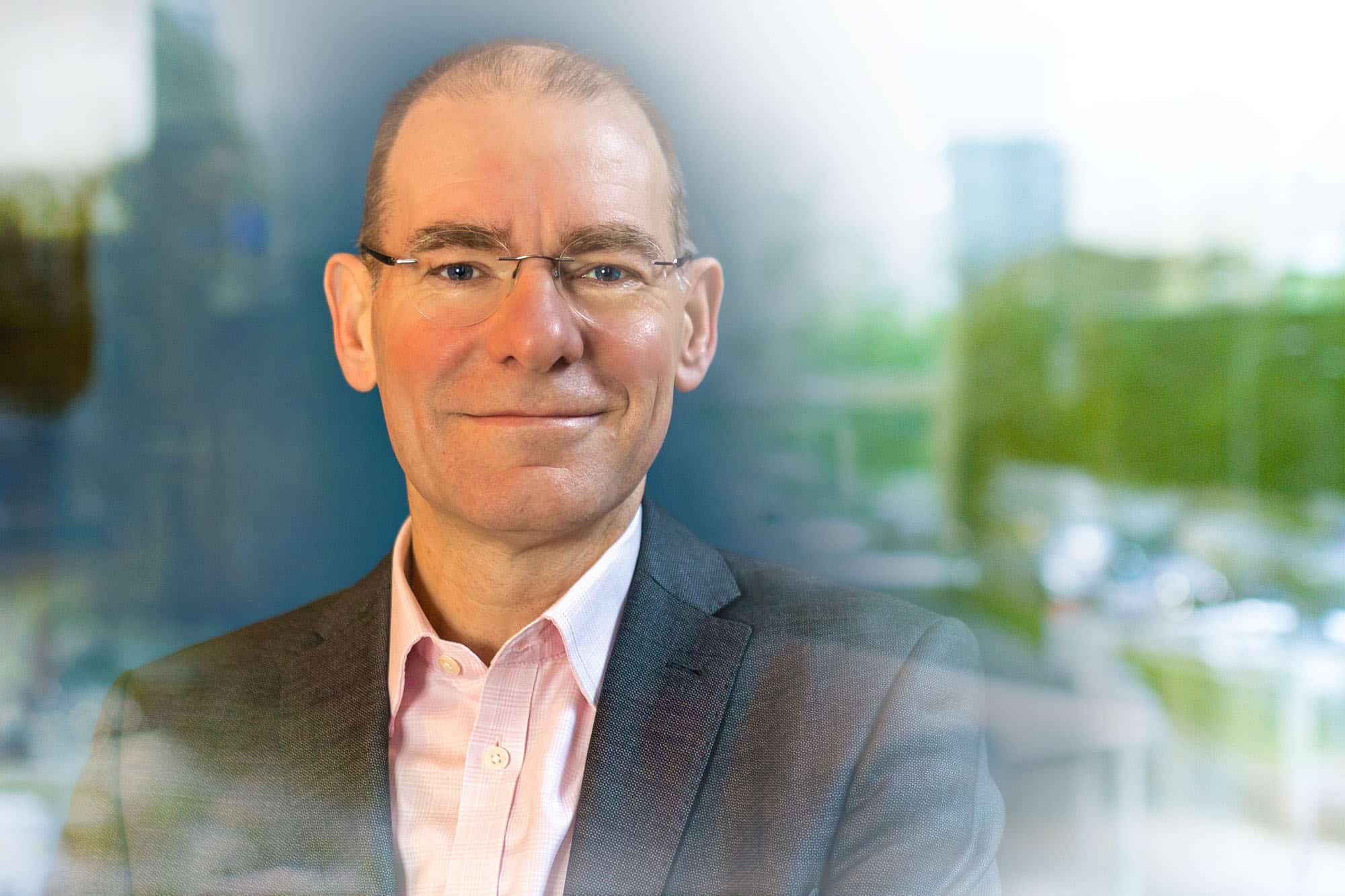
Africa lights up Europe’s energy future
Europe has historically relied on a few energy importers. This dependency has

Green growth of the economy is the mantra of the new administration. But who will ensure that green growth actually happens? The Dutch government must provide the infrastructure, a stable political climate, and the right regulations to make the economy and society more sustainable. But successful green growth requires something else: decisive leadership from businesses, writes Menno Snel, partner at Hague Corporate Affairs.
The new Schoof 1 cabinet has created a separate ministry for Climate & Green Growth. Its goal is to translate climate policy into economic opportunities. To achieve this, industrial players, thus the foundation of the economy, have to become more sustainable so that it remains preserved in a modernized state. Which companies are we actually talking about? Concerns like Unilever and Shell — once icons of Dutch business –, have moved their headquarters to London. The CEOs of those companies are no longer located here and are less concerned with the ups and downs of the Dutch economy.
Green growth is a noble aspiration and a beckoning prospect because pollution and climate change must be addressed while we maintain our standard of living. While one part of politics and the public is skeptical, the other part has no patience. The nuanced message is that change takes time. Right now, 90 percent of Dutch families still use natural gas. That simply means that we can’t get rid of it tomorrow, but we may be able to do so for a bit the day after tomorrow.
In the past, Paul Polman of Unilever and Feike Sijbesma of DSM regularly shed light on corporate social responsibility. In the recent past, Peter Berdowski of Boskalis and Peter Wennink of ASML interfered in the debate, but by threatening to leave if site conditions did not improve, unfortunately, though not always constructively.
Are there any corporate executives left to get involved in the green growth debate? Which CEO comes to a talk show table to explain what business will contribute to the Netherlands? CEOs aren’t keen on doing that, because the negative aspects of their fossil business operations are the first thing that they will be addressed on. Yet it is important for CEOs to explain their vision and what is needed to make the Netherlands future-proof.
Politics and society exude little warmth for business. Small and medium-sized businesses still enjoy some sympathy, but large companies have messed up in the eyes of the public.It is also difficult to explain why companies like Shell, but also ASML, claim hundreds of millions in subsidies, while making billions in profits every year.
The resistance to this, however, is striking. For many activists, the aversion to Shell seems greater than the desire to make the transition succeed. We have to get rid of that. Because how do we explain to our grandchildren that we had the chance to reduce CO2 emissions, but we didn’t do it because we didn’t want to help Shell?
But companies must also step up. Starting by positioning themselves in the public debate.
We need big business, because in a sustainable economy, all companies are future-proof.
Companies can certainly explain that the business climate in the Netherlands is not too good at the moment, because political stability is uncertain, laws and regulations are needlessly complex, and permit procedures are maddeningly time-consuming. Not to mention net congestion. These legitimate criticisms can be addressed without immediately threatening to leave. We are in the same boat, so we must solve problems together.
The government must take charge, and that is proving more difficult than thought. Characteristic and disappointing is that nothing has come of the announced customized agreements with the largest industrial emitters in practice. Hopefully the Schoof administration will succeed in taking concrete steps.
If the government succeeds in directing, that is a win, but it is not enough. The transformation of the economy is shaped by the transition of the business community. This requires active participation in the debate about what that transition should look like. We must avoid losing the power of the old businesses before we know what we will get in return.
Green growth requires government direction, as well as business leadership. In short, it is necessary for CEOs on News Hour to discuss interests that are bigger than those of their own company.


Europe has historically relied on a few energy importers. This dependency has

Introduction The European Union has experienced a surge in farmer protests since

Energy transition gaining momentum: make sure you’re part of the debate in